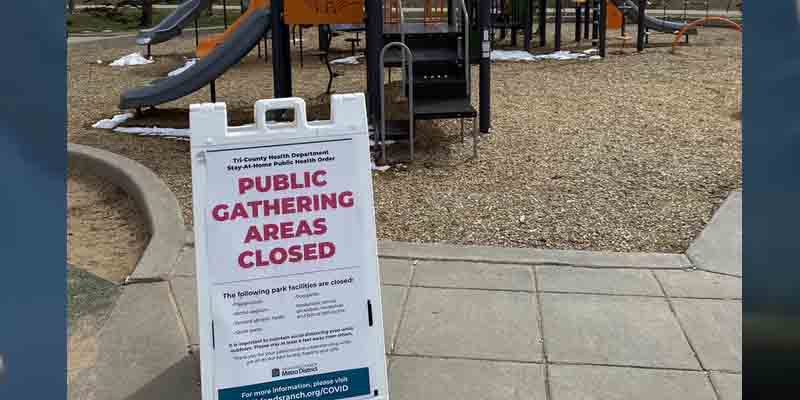PHILADELPHIA, PA – A report in the Philadelphia Inquirer suggests not only is Governor Phil Murphy’s closing of public parks bad for public health, it also does nothing to stop the spread of coronavirus.
“Faced with one of the worst COVID-19 outbreaks in the country, officials in New Jersey have steadily shut down much of the state, starting with non-essential businesses, then schools and places of worship. Earlier this month Gov. Phil Murphy even closed state parks and urged local officials to shutter their outdoor recreational facilities, saying the state needed 100 percent compliance from residents,” the Inquirer wrote. “But as we learn more about coronavirus, it’s becoming clear that closing parks and recreation areas doesn’t accomplish much to stem the spread of the virus because people rarely contract it outside. More worryingly, encouraging people to stay home and out of parks may even be counterproductive. Several recent reports show why it’s time to reconsider the decision.”
“Exercise, the outdoors, and sunshine are essential, not just as luxuries but as ways to sustain population health and resilience. That makes it important to set the right policies now. Once parks are closed, opening them back up will be harder. Authorities may dig in their heels and the issue may become more polarizing,” said a report in the Atlantic. “Instead, we should start with sensible and viable policies as early as possible.”
Mental Health Issues A Serious Concern with Prolonged Lockdown
“Mental health is also a crucial part of the resilience we need to fight this pandemic. Keeping people’s spirits up in the long haul will be important, and exercise and the outdoors are among the strongest antidepressants and mental-health boosters we know of, often equaling or surpassing drugs and/or therapy in clinical trials,” the Atlantic wrote.
China, where the pandemic began has been studying the transmission and one report claims being outside is actually not good for the coronavirus and outdoor activity can slow the spread of the virus.
” It is essential to understand where and how SARS-CoV-2 is transmitted. Methods: Case reports were extracted from the local Municipal Health Commissions of 320 prefectural cities (municipalities) in China, not including Hubei province, between 4 January and 11 February 2020,” the study reported. ” We identified all outbreaks involving three or more cases and reviewed the major characteristics of the enclosed spaces in which the outbreaks were reported and associated indoor environmental issues.”
COVID-19 Spreads Faster In the Home Than Anywhere Else
The results of that study were three hundred and eighteen outbreaks with three or more cases were identified, involving 1245 confirmed cases in 120 prefectural cities. Researchers divided the venues in which the outbreaks occurred into six categories: homes, transport, food, entertainment, shopping, and miscellaneous. Among the identified outbreaks, 53.8% involved three cases, 26.4% involved four cases, and only 1.6% involved ten or more cases. Home outbreaks were the dominant category (254 of 318 outbreaks; 79.9%), followed by transport (108; 34.0%; note that many outbreaks involved more than one venue category).”
Most home outbreaks involved three to five cases. We identified only a single outbreak in an outdoor environment, which involved two cases. Conclusions: All identified outbreaks of three or more cases occurred in an indoor environment, which confirms that sharing indoor space is a major SARS-CoV-2 infection risk.
Photo by craig hellier on Unsplash
